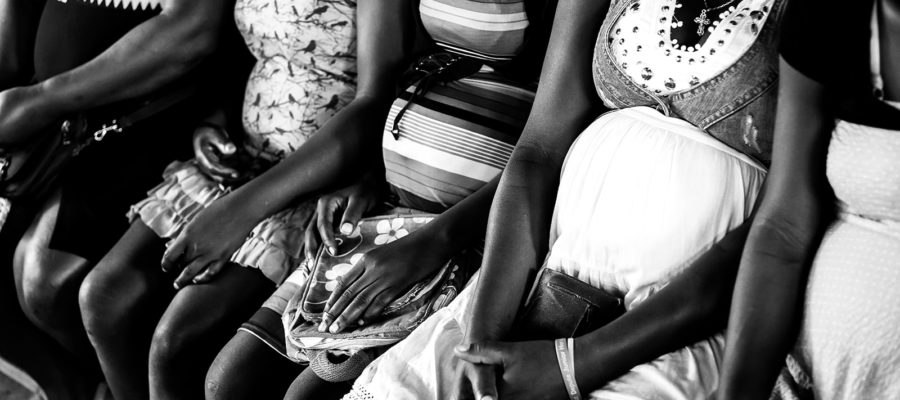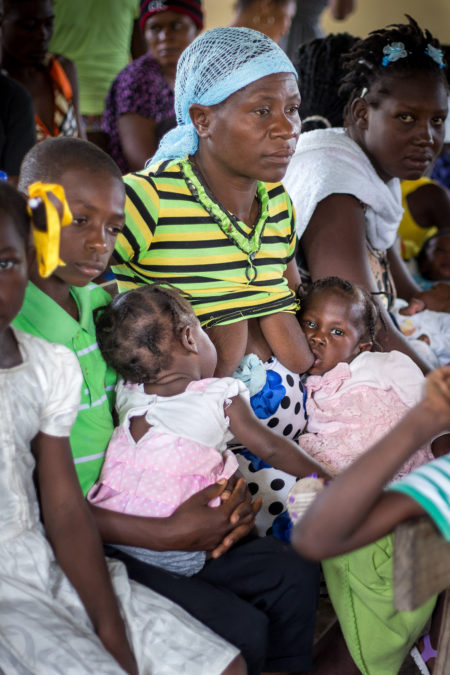
- Ashley Stills
- 8/06/19
- 0
- General
World Breastfeeding Week, commemorated annually August 1-7, brings global recognition to the importance of nursing infants. As many know, breastfeeding is a critical aspect of human life, but in developing countries where mothers don’t always have access to alternatives, exclusive breastfeeding is evermore crucial. According to the World Health Organization (WHO), “exclusive breastfeeding [is when] the infant receives only breast milk. No other liquids or solids are given – not even water.” The WHO also recommends that infants are exclusively breastfed for the first 6 months of their lives to ensure optimal development.
Many mothers in developing countries face a rough path following the births of their children. One contributor to this hardship is the decision to exclusively breastfeed. According to Carolyn Lesorogol, professor of social work at Washington University in St. Louis, “when a woman has a baby, she often faces a stark choice between staying home with the baby in order to exclusively breastfeed but forgoing income from employment, or leaving the baby at home while she works and forgoing exclusive breast feeding.”

Oftentimes in developing countries, mothers are not only faced with the decision to exclusively breastfeed or not, but are put in very tough situations in which they stand at an intersection of unavoidable malnourishment and motherhood. For mothers in countries like Haiti, there is no choice but to nourish their babies with breastmilk, and when a mother is not healthy herself, she is unable to properly provide for her baby. Statistics published by Dr. Vaucher, the Immediate Past-President of San Diego County Breastfeeding Coalition and Professor of Pediatrics at UC San Diego claims that, “suboptimal breastfeeding is responsible for 1.45 million deaths per year. That is 4,000 deaths per day, 165 deaths per hour, or 3 deaths per minute.” These heartbreaking statistics most frequently occur in the developing world and in several cases are preventable.
Far too often, elements of poverty are the most influential determinant in a mother’s decision or ability to properly care for her child. Breath of Life Haiti strives to empower mothers in the fight to diminish maternal and infant mortality by providing prenatal, postnatal, and newborn care while sharing the love of Christ. To learn more about breastfeeding in developing countries like Haiti or to donate to our mission, check out the links below.
Learn more:
futurity.org/haiti-breastfeeding-1573392-2/
who.int/elena/titles/exclusive_breastfeeding/en/
breastfeeding.org/breastfeeding-in-developing-countries-the-myths-the-problems-and-the-progress/
Donate:
breathoflifehaiti.com/donations
Author:
Hannah Fry, Intern